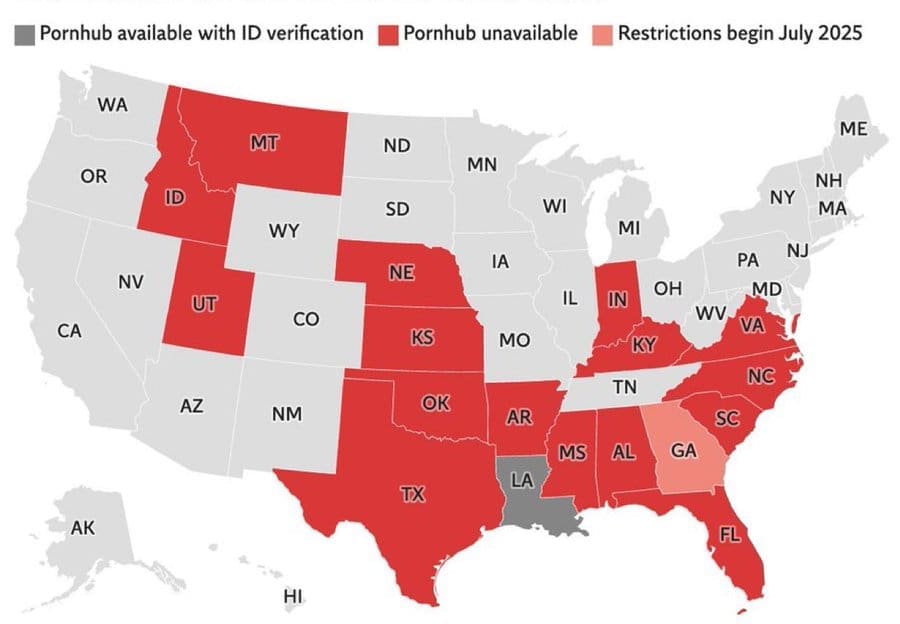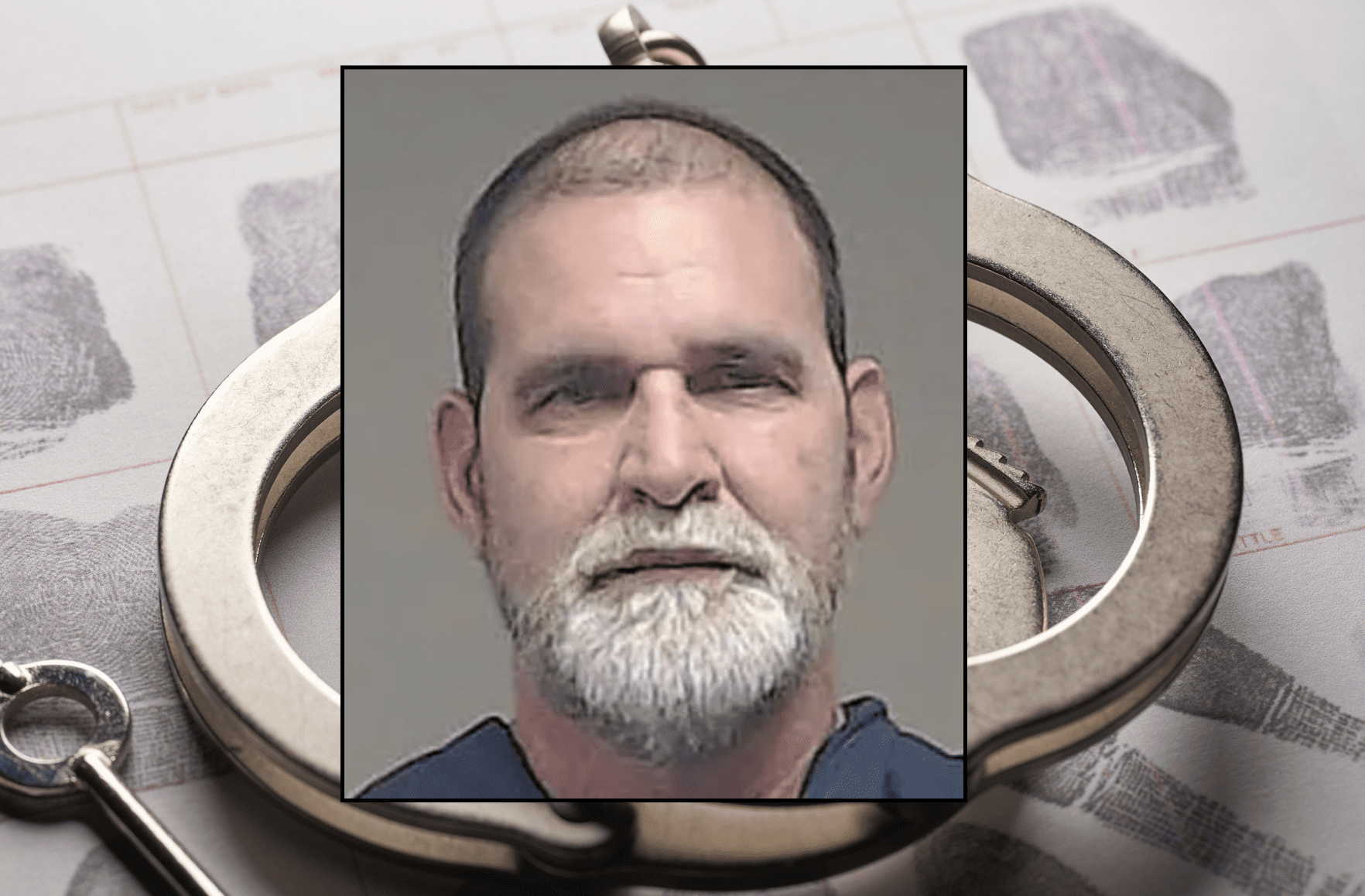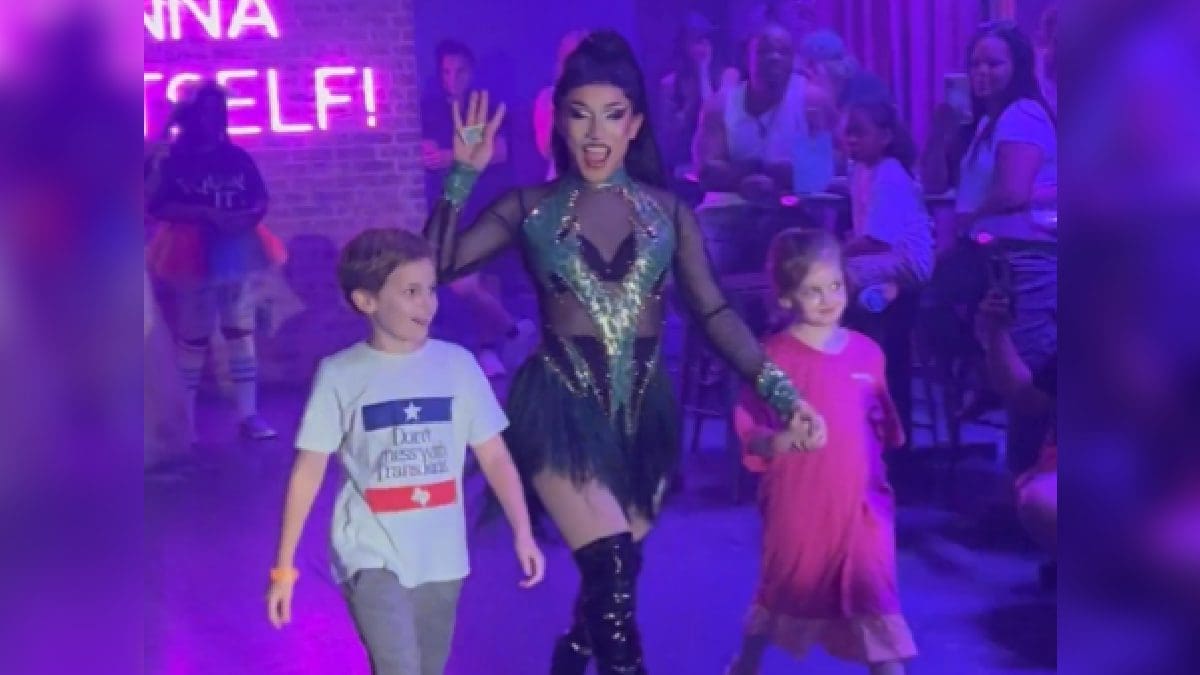In a win for protecting children from the harmful effects of pornography, the U.S. Supreme Court upheld a Texas law requiring age verification to access X-rated content online.
Justice Clarence Thomas delivered the 6-3 opinion finding that the state’s age verification law, known as House Bill 1181, does not unconstitutionally burden First Amendment-protected free speech.
“The power to require age verification is within a State’s authority to prevent children from accessing sexually explicit content. H. B. 1181 is a constitutionally permissible exercise of that authority,” wrote Thomas.
The Texas Legislature passed HB 1181 in 2023 with near-unanimous bipartisan support.
The law requires commercial porn websites to use “reasonable” methods to verify that viewers are at least 18 years of age before they access X-rated content online. Violators face hefty fines.
A coalition of porn industry plaintiffs including the parent company of Pornhub sued Texas in August 2023 to keep HB 1181 from taking effect.
Plaintiffs in the case, Free Speech Coalition v. Paxton, argued that the law to protect minors from accessing adult content likely violated the First Amendment because it was “considerably more intrusive while less effective than other alternatives.”
A federal district judge sided with porn industry plaintiffs and concluded the law did not withstand “strict scrutiny,” a heightened standard applied in some First Amendment cases.
However, the U.S. Fifth Circuit Court of Appeals later applied a less-stringent “rational-basis” review and stayed the lower court’s injunction, allowing Texas to enforce the age verification law while litigation proceeded.
Texas Solicitor General Aaron Nielson argued before the Supreme Court in January that the state’s age verification methods are “simple, safe and common, including non-identifying means.”
Neilson told justices that “even if heightened scrutiny applies, Texas easily satisfies it, especially facially. We’ve tried content filtering for decades, and the problem has only gotten worse.”
Today’s ruling upholds Texas’ authority to enforce the law.
Justices Elena Kagan, Sonia Sotomayor, and Ketanji Brown Jackson dissented.
Texas Attorney General Ken Paxton called the ruling “a major victory for children, parents, and the ability of states to protect minors from the damaging effects of online pornography.”
“Companies have no right to expose children to pornography and must institute reasonable age verification measures,” stated Paxton. “I will continue to enforce the law against any organization that refuses to take the necessary steps to protect minors from explicit materials.”
“This is a watershed moment for child protection in America,” said Tara Schulte, Texas executive director of Citizens Defending Freedom, an advocacy group that filed an amicus brief defending the law. “The Supreme Court has affirmed what parents have known all along – that protecting children from harmful content isn’t censorship, it’s common sense.”
“This law doesn’t ‘chill’ free speech, it blocks predators from unfettered access to our kids,” added Christin Bentley, a State Republican Committeewoman who led the Texas GOP’s legislative advocacy to Stop Sexualizing Texas Kids.
Companies that violate the state’s age verification requirements will be subject to fines of up to $10,000 per day, an additional $10,000 per day if the company illegally retains identifying information, and $250,000 if a child is exposed to pornographic content due to not properly verifying a user’s age.
Pornhub has shut down access to its site in Texas and other states that have enacted age verification laws. Other X-rated sites agreed to comply with the age verification law.
“This is a bad day for the P*rnhub crime scene and a good day for anyone who cares about the protection of children,” posted Laila Mickelwait, who spearheaded activism against the porn site’s illegal platforming of videos showing criminal sex acts, including rape of children.






